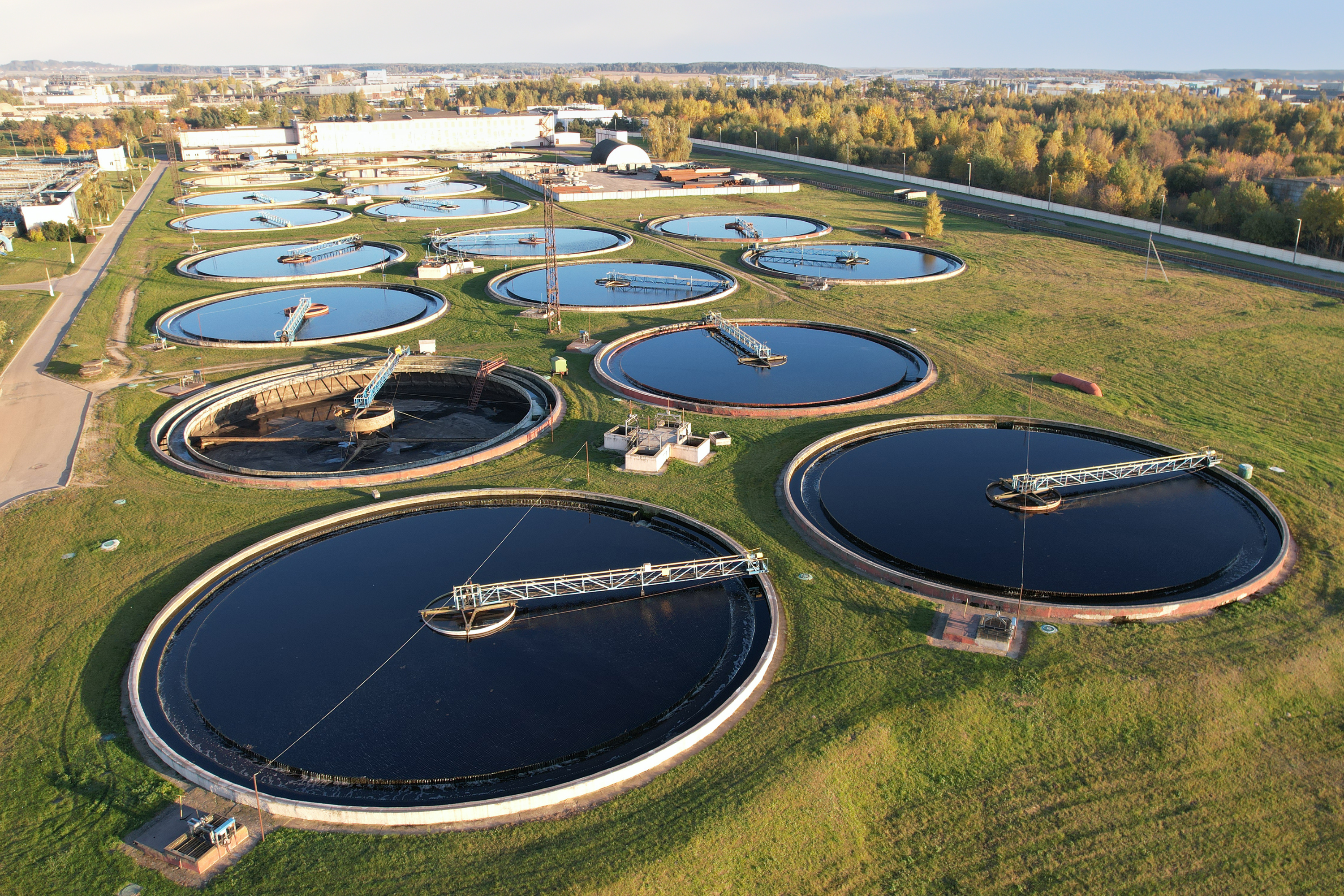
Treated Wastewater (Reclaimed Water): Recycling Water for Sustainable Farming
As water becomes more precious, using treated wastewater—also called reclaimed water—is a smart way to conserve freshwater while keeping your crops irrigated. It’s exactly what it sounds like: wastewater that has been cleaned and treated to safe levels for agricultural use.
For homesteaders and farmers interested in sustainability, reclaimed water offers a renewable source that helps reduce demand on wells and rivers.
How It Works
Wastewater from homes, businesses, or farms is collected and treated through a series of processes—removing solids, pathogens, and chemicals—before being reused for irrigation. The quality of reclaimed water varies depending on treatment levels but is generally safe for non-edible crops or pasture irrigation.
It’s often delivered through municipal or regional systems, but some larger farms treat their own wastewater onsite.
Pros
-
Conserves freshwater supplies by recycling water
-
Reliable source during droughts or dry seasons
-
Nutrients in reclaimed water can reduce the need for fertilizers
-
Can support large-scale irrigation without tapping new water sources
Cons
-
Requires regulatory approval and permits—not all reclaimed water is safe for all crops
-
Public perception can be a hurdle—education is key
-
Infrastructure costs to connect or build treatment systems
-
Regular testing and monitoring needed to ensure safety
Best For
-
Irrigating pasture, fodder crops, or ornamentals
-
Farms near municipal reclaimed water sources
-
Areas facing water scarcity or restrictions
-
Operations with resources to manage treatment and monitoring
Equipment Needed & Water Rights
Equipment Needed:
-
Connection to a reclaimed water supply system or onsite treatment plant
-
Pumps and irrigation piping compatible with reclaimed water quality
-
Filtration and disinfection systems (UV or chlorine) as required
-
Monitoring equipment for water quality testing
-
Specialized valves and backflow prevention to protect freshwater sources
Water Rights:
-
Must comply with local, state, and federal regulations for reclaimed water use
-
Obtain permits from environmental and water quality agencies
-
Follow crop restrictions—some crops may not be allowed to be irrigated with reclaimed water
-
Maintain records of water source, quality tests, and usage
Homesteader Tips
-
Check with your local water authority about availability and regulations
-
Start small—try reclaimed water on non-food plants or pasture first
-
Educate family and neighbors to build support
-
Consider combining reclaimed water with rainwater or well water for flexibility
-
Keep up with water quality testing to protect your soil and crops
Using treated wastewater for irrigation is a forward-thinking step toward sustainable farming. It helps you save precious freshwater while keeping your homestead thriving.
Up next: Desalinated Water: Turning Saltwater into Farming Gold
Share


